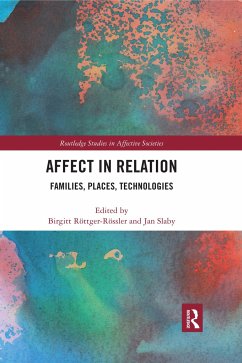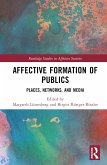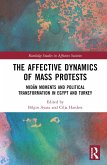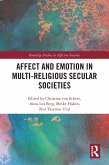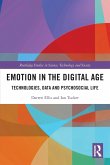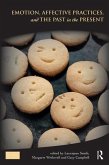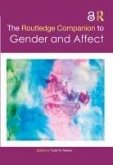Decades of research on affect and emotion have brought out the paramount importance of affective processes for human lives.
Affect in Relation brings together perspectives from social science and cultural studies to analyze the formative, subject constituting potentials of affect and emotion. Relational affect is understood not as individual mental states, but as social-relational processes that are both formative and transformative of human subjects.
This volume explores relational affect through a combination of interdisciplinary case studies within four key contexts:
Part I: "Affective Families" deals with the affective dynamics in transnational families who are scattered across several regions and nations.Part II: "Affect and Place" brings together work on affective place-making in the contexts of migration and in political movements.Part III: "Affect at Work" analyzes the affective dimension of contemporary white-collar workplaces.Part IV: "Affect and Media" focuses on the role of media in the formation and mobilization of relational affect.
In its transdisciplinary spirit, analytical rigor and focus on timely and salient global matters, Affect in Relation consolidates the field of affect studies and opens up new avenues for scholarly and practical co-operation. It will appeal to both students and postdoctoral researchers interested in fields such as anthropology, sociology, cultural studies, media studies and human development.
Affect in Relation brings together perspectives from social science and cultural studies to analyze the formative, subject constituting potentials of affect and emotion. Relational affect is understood not as individual mental states, but as social-relational processes that are both formative and transformative of human subjects.
This volume explores relational affect through a combination of interdisciplinary case studies within four key contexts:
Part I: "Affective Families" deals with the affective dynamics in transnational families who are scattered across several regions and nations.Part II: "Affect and Place" brings together work on affective place-making in the contexts of migration and in political movements.Part III: "Affect at Work" analyzes the affective dimension of contemporary white-collar workplaces.Part IV: "Affect and Media" focuses on the role of media in the formation and mobilization of relational affect.
In its transdisciplinary spirit, analytical rigor and focus on timely and salient global matters, Affect in Relation consolidates the field of affect studies and opens up new avenues for scholarly and practical co-operation. It will appeal to both students and postdoctoral researchers interested in fields such as anthropology, sociology, cultural studies, media studies and human development.

